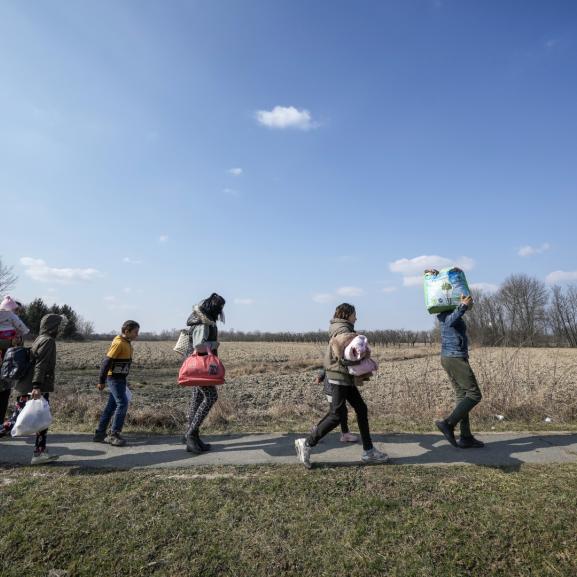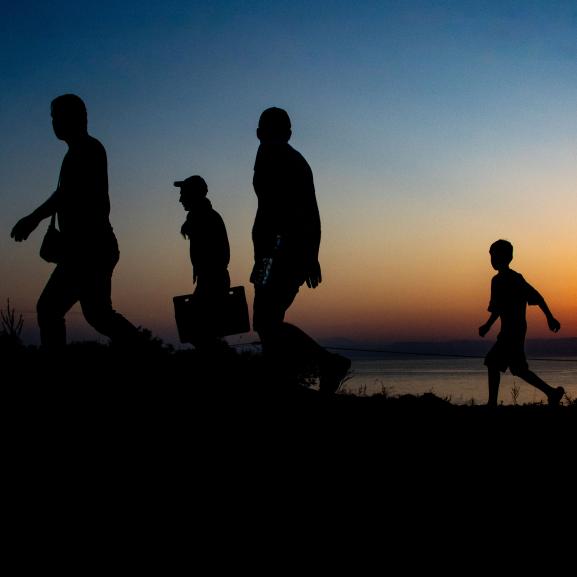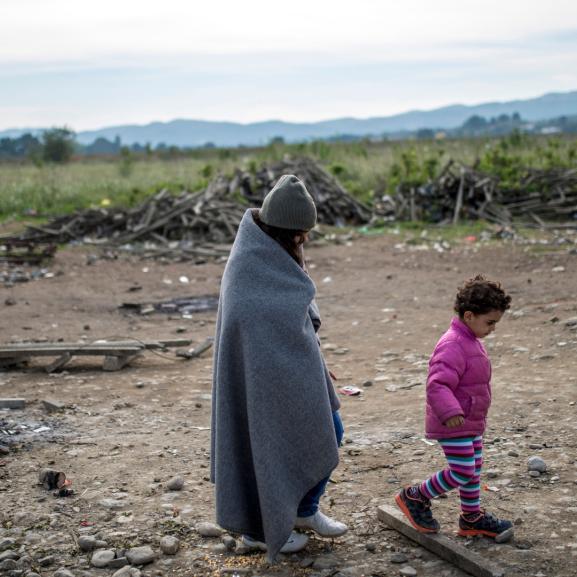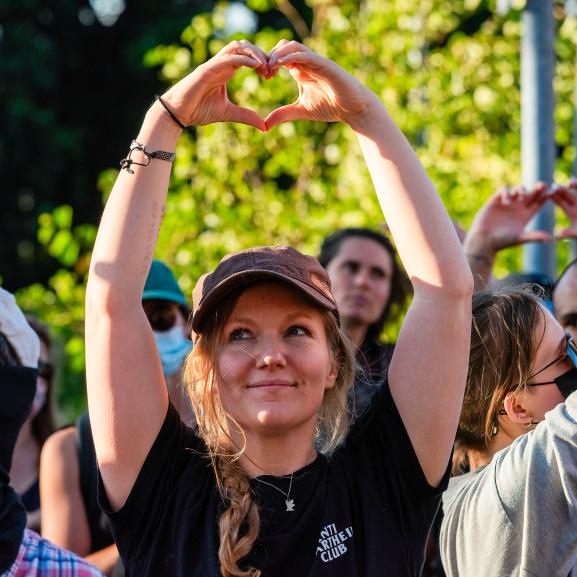Our response to the UK FCO 2014 Human Rights and Democracy report
This week Freedom from Torture was at the UK Foreign and Commonwealth Office for the launch of the annual Human Rights and Democracy report, a survey of the global human rights situation in 2014 with a report back of the FCO's activities to support human rights and democratic values internationally.
Foreign Secretary Philip Hammond couldn't make it to the launch as he was representing the UK elsewhere, but in his video message he made much of the inspiration of Magna Carta for the building blocks of society: equality before the law and freedom from expression.
In the room various speakers and the Human Rights Minister Baroness Anelay drew attention to the importance of civil society and freedom of expression and the hit they are taking all over the world from repressive regimes which violate human rights to stifle dissent, a fact painfully familiar to us as so many of our clients have been tortured for speaking out or otherwise caught up in these crackdowns.
A substantial part of the HRD report is made up of a survey of the FCO's 'countries of concern' many of which overlap with the top ten countries for Freedom from Torture client referrals in 2014 including Afghanistan, Democratic Republic of Congo, Iran, Pakistan, Sri Lanka, South Sudan and Eritrea.
The DRC ranks fifth in our 2014 clinical referrals. We are delighted to hear that the FCO used our 2014 report on rape as torture beyond the conflict zone in the DRC to challenge the DRC's Vice Minister of Human Rights who responded by launching spot checks which led to the closure of torture facilities and release of those detained arbitrarily. This sort of impact makes all our painstaking research, based on our forensic medical reports and closely involving survivors, so worthwhile.
We are delighted to hear that the FCO used our 2014 report on rape as torture beyond the conflict zone in the DRC to challenge the DRC's Vice Minister of Human Rights who responded by launching spot checks which led to the closure of torture facilities and release of those detained arbitrarily.
Yet again, Sri Lanka was our top country for referrals in 2014. Many Sri Lankans referred to us last year were tortured in the post-conflict period which is why we continue to argue that human rights probes must not be confined to abuses committed during the civil war that ended in 2009.
Alarmingly, we continued to receive referrals for Sri Lankans tortured after return from the UK. Some reported torture in Sri Lanka after studying in London. Many were shown photographs or films of themselves taking part in peaceful protests in the UK capital: more of this in the summer when we publish our latest evidence of torture in Sri Lanka.
Iran was the second highest country of origin for our referrals in 2014. So while the FCO includes Iran in its list and identifies many violations, we are surprised to see no mention of torture.
We've received many referrals of Iranians, many young activists tortured since the 2009 elections for exercising their right to express themselves and the most basic political organising like leafleting. As our 2013 Iran report showed, we also know of cases of Iranians who were tortured after returning from the UK and who were shown evidence of their participation in protests and other political activities in the UK.
We must finish this review of the HRD report closer to home: we still haven't had a human rights compliant inquiry into the UK's role in rendition and torture in the context of counter-terrorism operations. The truth must be exposed no matter what the outcome of this May's general election if the UK is to have credibility in the global fight against torture.






